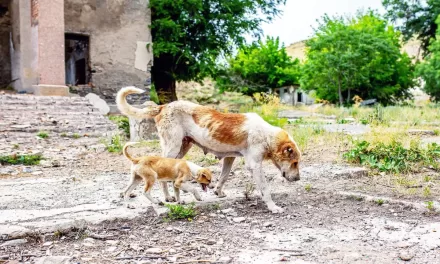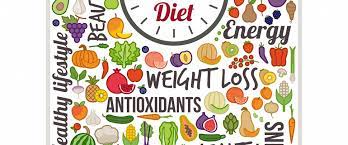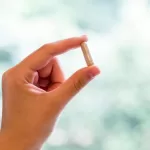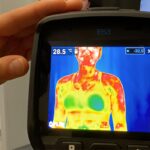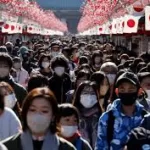As per information received from the Ministry of Health & Family Welfare, National Health Mission (NHM) is a centrally sponsored scheme where funds are released to States/UTs based on their proposals under various flexible pools for strengthening the health care delivery system. The details of fund approvals towards Reproductive & Child Health (RCH) Flexible Pool (including Routine Immunisation (RI), Pulse Polio Immunisation (PPI) & National Iodine Deficiency Disorder Control Programme (NIDDCP)) under the National Health Mission (NHM) from F.Y. 2019-20 to 2021-22 are placed as under :
(Rs. in lakhs)
| Particulars | 2019-20 | 2020-21 | 2021-22 |
| RCH Flexible Pool | 992434.69 | 1023717.08 | 1052765.58 |
Note: The above information is as per the available Financial Management Report (FMR) as submitted by States/UTs and is updated upto 31.12.2021.
The Ministry of Health and Family Welfare (MoHFW) is supporting all States/UTs in the implementation of the Reproductive, Maternal, New-born, Child, Adolescent Health and Nutrition (RMNCAH+N) strategy under the National Health Mission (NHM) based on the Annual Programme Implementation Plan (APIP) submitted by States/ UTs to improve child health services. These include:-
- Facility-Based New-born Care: Sick New-born Care Units (SNCUs) are established at District Hospital and Medical College level, and New-born Stabilization Units (NBSUs) are established at First Referral Units (FRUs)/ Community Health Centres (CHCs) for the care of sick and small babies.
- Community-Based care of Newborn and Young Children: Under Home Based New-born Care (HBNC) and Home-Based Care of Young Children (HBYC) programme, home visits are performed by ASHAs to improve child-rearing practices and to identify sick new-born and young children in the community.
- Mothers’ Absolute Affection (MAA) : Early initiation and exclusive breastfeeding for first six months and appropriate Infant and Young Child Feeding (IYCF) practices are promoted under Mothers’ Absolute Affection (MAA).
- The social Awareness and Actions to Neutralize Pneumonia Successfully (SAANS) initiative was implemented in 2019 for reducing childhood morbidity and mortality due to Pneumonia.
- Universal Immunization Programme (UIP) is implemented to provide vaccination to children against life-threatening diseases such as Tuberculosis, Diphtheria, Pertussis, Polio, Tetanus, Hepatitis B, Measles, and Rubella, Pneumonia and Meningitis caused by Haemophilus Influenzae B. The Rotavirus vaccination has also been rolled out in the country for the prevention of Rota-viral diarrhoea. Pneumococcal Conjugate Vaccine (PCV) has been introduced in all States and UTs.
- Rashtriya Bal Swasthya Karyakaram (RBSK): Children from 0 to 18 years of age are screened for 30 health conditions (i.e. Diseases, Deficiencies, Defects and Developmental delay) under Rashtriya Bal Swasthya Karyakaram (RBSK) to improve child survival. District Early Intervention Centres (DEICs) at district health facility level are established for confirmation and management of children screened under RBSK.
- Nutrition Rehabilitation Centres (NRCs) are set up at public health facilities to treat and manage children with Severe Acute Malnutrition (SAM) admitted with medical complications.
- Intensified Diarrhoea Control Fortnight / Defeat Diarrhoea (D2) initiative was implemented for promoting ORS and Zinc use and for reducing diarrhoeal deaths.
- Anaemia Mukt Bharat (AMB) strategy as a part of POSHAN Abhiyan aims to strengthen the existing mechanisms and foster newer strategies to tackle anaemia which include testing & treatment of anaemia in school-going adolescents & pregnant women, addressing non-nutritional causes of anaemia and a comprehensive communication strategy.
- Capacity Building: Several capacity building programs of health care providers are taken up for improving maternal and child survival and health outcomes.
This information was given by the Union Minister of Women and Child Development, Smt. Smriti Zubin Irani, in a written reply in Lok Sabha today.




